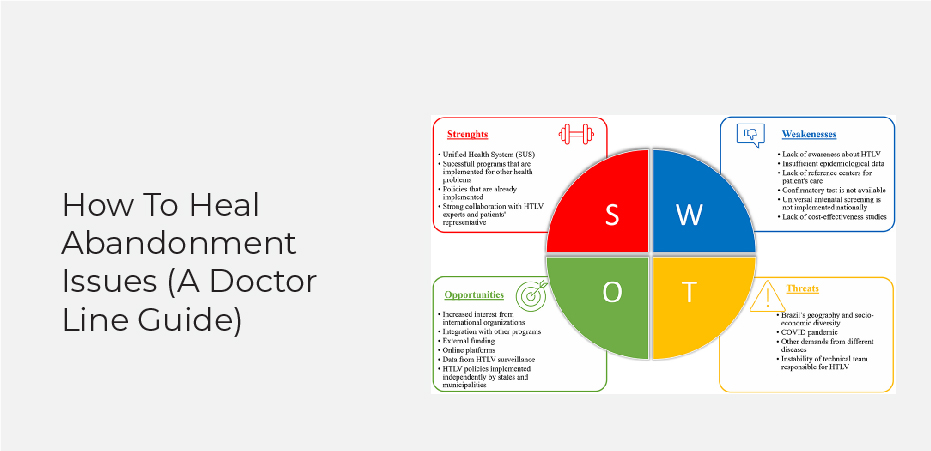Our goal today is to teach you 15 powerful ways to heal abandonment wounds and boost your self-esteem so that you can overcome the fear of abandonment in relationships.
Our self-esteem plummets after being abandoned, causing feelings of insecurity and self-doubt. Abandonment is a universal wound that arouses intense anxiety and fear.
When we lose someone or something important to us, abandonment can complicate our grief, making it difficult to move on.
What Is Abandonment?
Abandonment is associated with the loss of love, the sense of being disconnected, or the feeling left behind. The abandonment can also be subtle, such as not being recognized for our accomplishments, not being invited to a party, or feeling disregarded by someone close to us.
This feeling of abandonment is so painful that it affects many people. The word “abandonment” is often used synonymously with the word “depression.” This may be because many of the symptoms of depression are similar to those of feelings of abandonment. There are three main types of abandonment: Abandonment of love. Abandonment of self. Abandonment of others.
Is There a Reason Why Abandonment Hurts So Much?
Without your primary caregivers, you wouldn’t have survived as a child. Therefore, you were conditioned to form attachments to your parents and respond negatively to abandonment.
Breakups, for example, can trigger the same response in adults as they would in children whose existence is threatened.
As a result, you go into survival mode, which involves fighting, flight, and freezing. Abandonment wounds are triggered by daily incidents of feeling criticized, excluded, misunderstood, belittled, or disrespected.
Healing Abandonment Issues: 3 Powerful Tactics
Use Mindfulness to Survive the Pain
In order to overcome the fear of abandonment, you need to stay in the moment for as long as you can.
The practice could be as formal as mindfulness meditation or as simple as going places and doing things that stimulate your sense of hearing, sight, and touch, as well as breathing deliberately and consciously.
The present moment can serve as a refuge from pain, allowing you to escape your painful thoughts and focus on the sensations around you.
SHOULDN’T YOU EMBRACE YOUR PAIN? YOU MAY HAVE A QUESTION.
The struggle to survive when faced with such intense pain as fear of abandonment is the key to getting through the pain.
When you are abandoned, your primary task is emotional survival, and you are left alone to do so during the initial crisis.
As a separate individual, you are indeed capable of withstanding the pain of being alone when you practice mindfulness.
Self-Blame and Shame: Address Them
The more you blame yourself for your loss, the more shame you will feel, which will only worsen your situation. You may feel unworthy or defective when you are afflicted with shame, which is a destructive emotion. It can further complicate your recovery and undermine future relationships unless you challenge these assumptions. Shame can be overcome by self-acceptance.
If you have low self-esteem, you may have an unrealistic view of yourself, which will lead to feelings of shame. If you think of yourself as worthless, a loser, or inferior, you are likely to experience shame. This is common among people who have been abused or neglected as children. They often blame themselves for their parents’ failure to provide a nurturing environment. Shame is also experienced by those who are in a dysfunctional relationship, such as a marriage or an intimate relationship.


